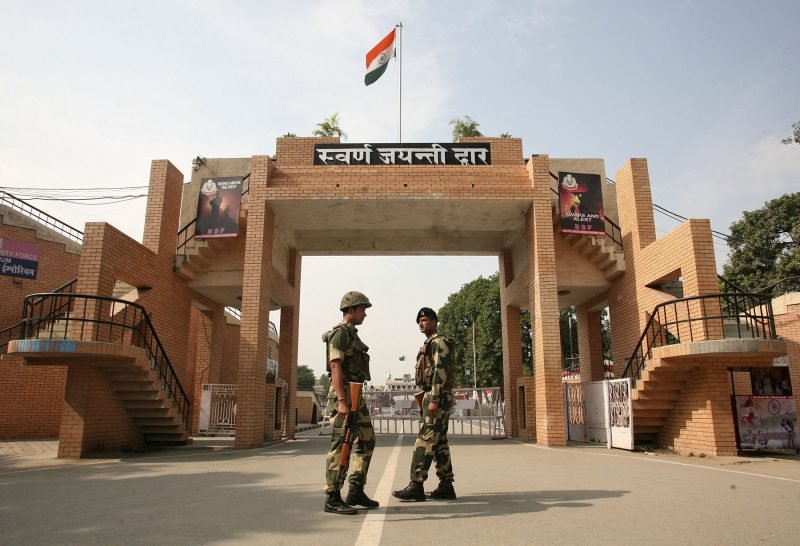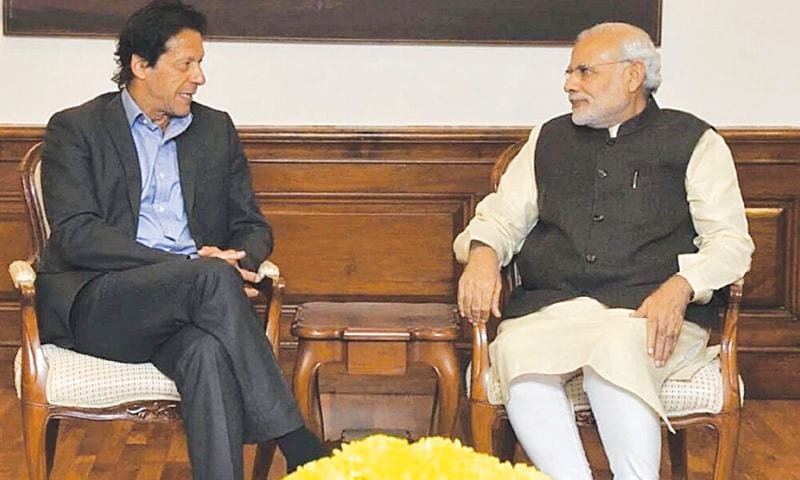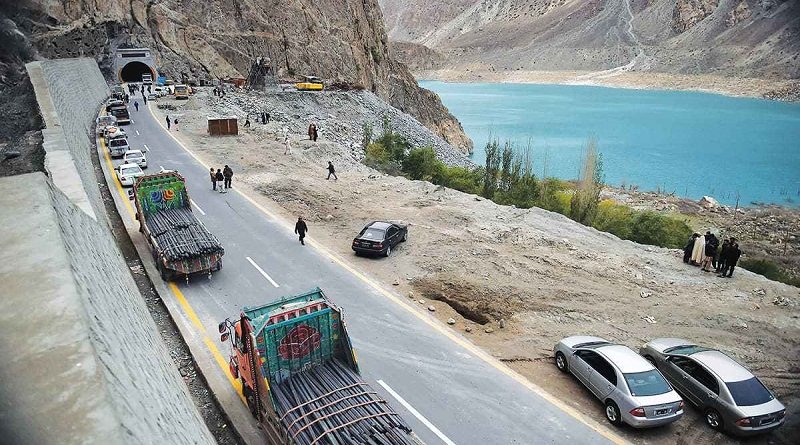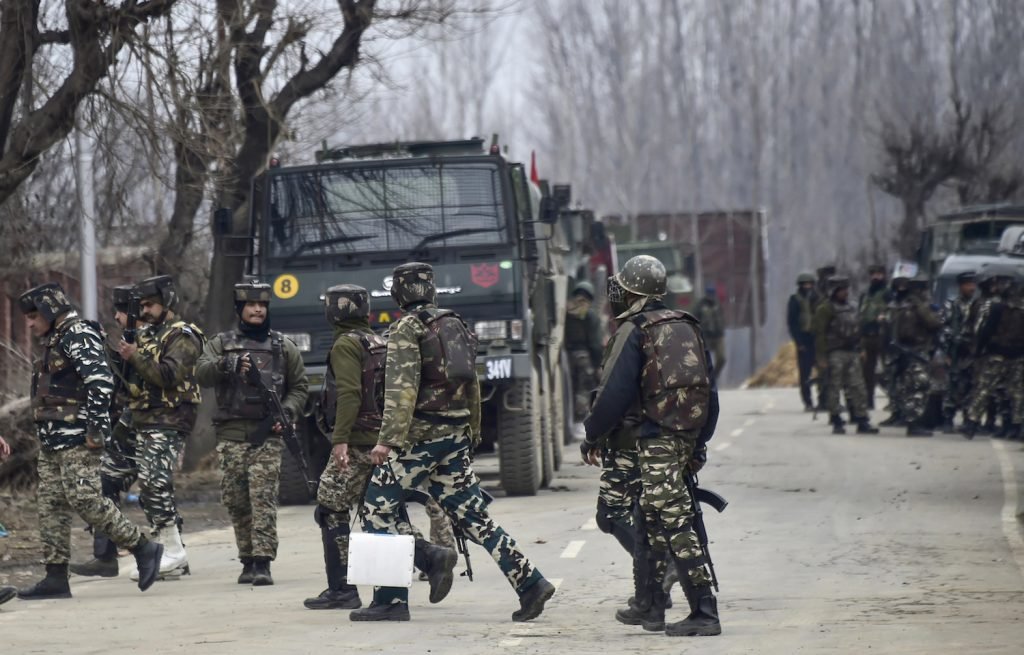Reversal of trade deal between India and Pakistan: Kashmir card being again played

The tensions between India and Pakistan have resurfaced again, just when it was expected that the two nations were revamping their diplomatic relations. India and Pakistan recently agreed on a situation of normalcy on various agendas, including cross border terrorism and border disputes. Last month witnessed the revival of the Indus Water Commission as delegations of the two countries met to discuss yet another unresolved matter. However, the new tension between India and Pakistan over trade finds its roots in India’s bold decision of abrogating Article 370. The latter on Friday demanded that trade relations between the two countries will be revived only if India decides to undo the entire abrogation of Article 370 episode.

On 5th August 2019, the Modi Government abrogated the historic Article 370 which gave birth to two union territories of Jammu & Kashmir and Ladakh, irking Pakistan to suspend bilateral trade with India.
Pakistan heavily criticized the Indian Government accusing it of not consulting the people of Jammu & Kashmir before this decision. Pakistan’s and China’s eye on Kashmir has not been very new, but the demand for a pre-abrogation situation to continue trade deals with India looks unplanned decision on the former’s part.
India and Pakistan were to resume trade relations almost after two years. Over the last two years, the relations between India and Pakistan turned repugnant over multiple issues, especially the Pulwama terror attack. India has always called out its counterpart in foreign organizations such as the FATF to end with state-sponsored terrorism, but Pakistan has always produced ambiguous results. So, to witness normalcy after such strained history was anticipated on both ends.
The ‘could be’ temporary halt on trade deals came to light on Thursday when the recommendations made by the Economic Coordination Committee (ECC), Pakistan’s chief advisory board on the economy suggested that cotton and sugar be imported from India. The decision was made to meet Pakistan’s domestic requirements. Pakistan’s trade had suffered a major setback and this not only applies to trade relations with India but as well as other leading nations. Recent reports are only suggestive of the fact that with halting trade relations with India, Pakistan lost its economic growth rapidly. Although both countries were dependent on trade on each other and made it to the list of top 50 trading countries, Pakistan’s economy suffered the setback while India somehow managed to keep its trade in a balance.

The recent developments in their relations were anticipated on multiple aspects and trade, of course, was one of them. However, Prime Minister Imran Khan and his cabinet decided that no trade deals can be made under ‘current circumstance’. Pakistani Foreign Minister Shah Mahmood Qureshi said, “It was a consensus opinion, including the Prime Minister’s, that as long as India doesn’t review…the unilateral steps it took, it would not be possible to normalise relations with India.” The cabinet’s deference and mention of unilateral steps direct it to the Abrogation of Article 370. Kashmir is yet again, being used as a debacle between their diplomatic pursual.
India is yet to comment on this, but the card of perplexity played by Pakistan is highly critical. It is quite evident that the imports would facilitate Pakistan’s economy and help in peacebuilding across borders. The internal politics of the latter could also be a major factor that could have provoked to defer from the ECC’s recommendation. The popularity of Imran Khan as a Prime Minister has been unstable with domestic players like Sheikh Rashid and General Bajwa. The dream of a ‘paradigm shift’ being propagated by General Bajwa is a direct threat to Imran Khan’s leadership and therefore to go soft on the entire Kashmir could prove to be a potential blunder challenging Khan’s political career. Internal politics is being scrutinized now, albeit the underlying point here is being compromised altogether. Even if it is on the Kashmir issue, Pakistan has a little or negligible amount of say in the matter. There have been umpteen attempts made by them to call out the Kashmir issue on various international platforms, but it must not forget the internal loopholes that it has failed to address as a nation. To have an unbiased perception of the current situation, India is not at the losing end out of the trade deal. Given, the performance of Pakistan’s economy in the past years, it is imperative and recommended that the country starts straightening out major trade relations with various countries, including India. The ambiguity and duality of Pakistan’s choice have raised concerns about whether it was a pre-planned move as bait to India.

Peacebuilding cannot be done in singularity and isolation. The sudden turn of events has deterred the diplomatic pursual between India and Pakistan, away from normalcy. New Delhi’s role and reply to this decision are awaited, but again, it must not underestimate the situation entirely, given there are various underlying factors that need scrutiny. Status quo has to be achieved not with the ambiguous suspension of relations but dialogue, discussion and deliberation. Whatever card is being coyly put across serves advantage to none of the parties involved. But Pakistan must stand true to its deals and trail along with the roadmap of development and improved cross border relations. The issue of Kashmir, in the first place, should not have taken the centre stage, but if now it has this only shows the casualness of Pakistan to respect any deal between them and India. The message being sent out such reversal of decisions puts the onus again on Pakistan to mend the disrupted ties.


















